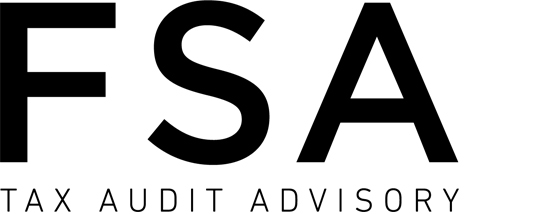The Administrative Appeals Tribunal (‘AAT’) recently held that a taxpayer should not be allowed deductions for various work-related expenses, largely because the substantiation requirements had not been satisfied.
The taxpayer, a real estate salesperson, claimed tax deductions for the 2018 to 2020 income years, during which time he derived income from his employment with a real estate company.
However, the ATO disallowed the taxpayer’s claims for various work-related expenses, including car expenses, and gifts and donations.
The AAT agreed with the ATO, and held that the expenses claimed were not deductible and that the taxpayer had failed to substantiate his claims.
The taxpayer had claimed deductions for car expenses using the logbook method, but the AAT noted that the car was owned by a company and was not leased to the taxpayer. Therefore, the car was not ‘held’ by the taxpayer, as required by the logbook method. The taxpayer’s logbook also lacked “sufficient specificity” for this method.
While the taxpayer produced credit card statements and telephone tax invoices (in relation to credit card interest and telephone expenses), it was not clear from these documents whether the costs claimed related to work expenses.
The taxpayer sought to rely on bank transaction statements in relation to other expenses, but they were considered to be insufficient, as it was unclear from these statements what the relevant expense was, how the expense was incurred in earning the taxpayer’s assessable income, and any apportionment between business and personal use.
There were also no receipts or tax invoices for any of the claimed donations.




